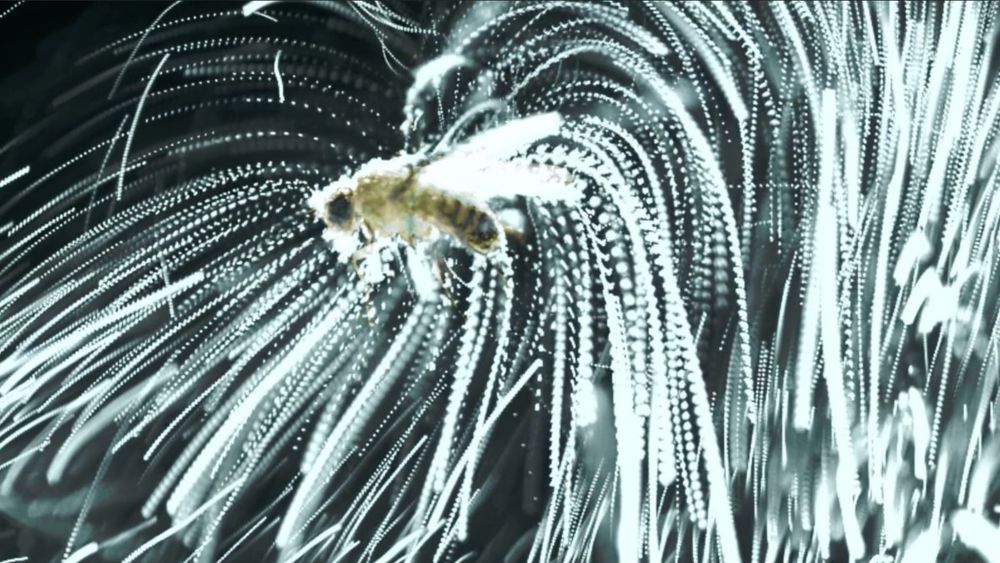

Ellen Roche is an Associate Faculty member of the Wyss and the Latham Family Career Development Professor at the Department of Mechanical Engineering and the IMES at MIT.
Learn more about her in this #Wyss20ishQs.

Ellen Roche is an Associate Faculty member of the Wyss and the Latham Family Career Development Professor at the Department of Mechanical Engineering and the IMES at MIT.
Learn more about her in this #Wyss20ishQs.


While there’s no guarantee of immediate public benefit, crucial early-stage discoveries spawn developments that have real-world impact.
Follow three projects from government grant to patient impact.

While there’s no guarantee of immediate public benefit, crucial early-stage discoveries spawn developments that have real-world impact.
Follow three projects from government grant to patient impact.
But this work is now endangered.
www.scientificamerican.com/article/pers...

But this work is now endangered.
www.scientificamerican.com/article/pers...
Learn more about this exciting program, its progress, and how you can get involved.

Learn more about this exciting program, its progress, and how you can get involved.



www.cbsnews.com/video/federa...

www.cbsnews.com/video/federa...



news.harvard.edu/gazette/stor...

news.harvard.edu/gazette/stor...

#ebt #snap #snapbenefits #Boston

#ebt #snap #snapbenefits #Boston

We’re so proud to share the numerous advances our community has made over the last year. See how we're fulfilling our mission of transforming healthcare and the environment, and learn how you can get involved.

We’re so proud to share the numerous advances our community has made over the last year. See how we're fulfilling our mission of transforming healthcare and the environment, and learn how you can get involved.

This treatment reduced viral load by more than 50%, significantly lowered inflammation.
wyss.harvard.edu/news/human-o...

This treatment reduced viral load by more than 50%, significantly lowered inflammation.
wyss.harvard.edu/news/human-o...
Chris’s work intersects engineering, biology, and medicine.
wyss.harvard.edu/news/wyss-in...

Chris’s work intersects engineering, biology, and medicine.
wyss.harvard.edu/news/wyss-in...
An interdisciplinary research team led by @linseymarr.bsky.social will create such a system that could cut respiratory illnesses by 25 percent. 👏

An interdisciplinary research team led by @linseymarr.bsky.social will create such a system that could cut respiratory illnesses by 25 percent. 👏

